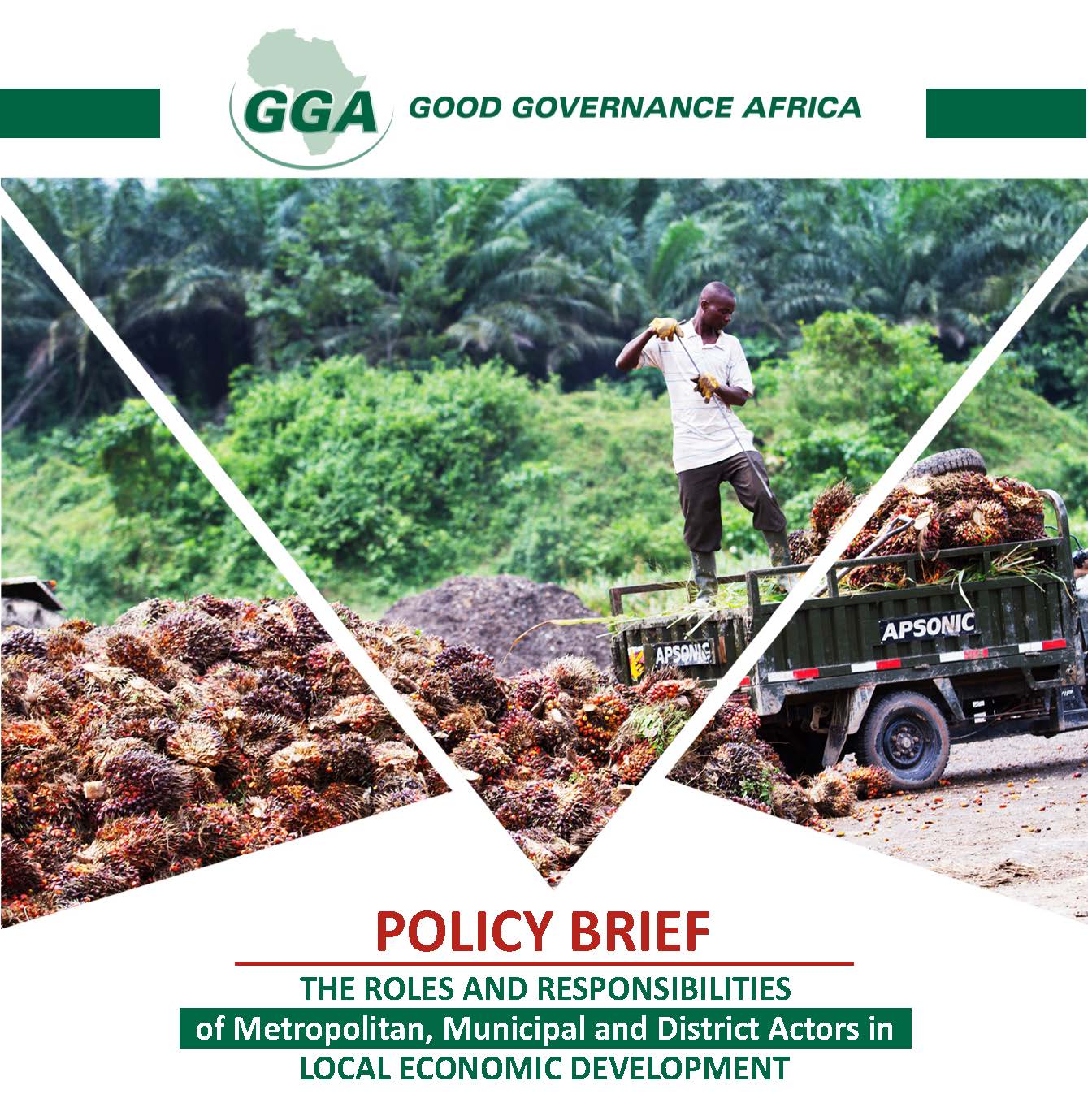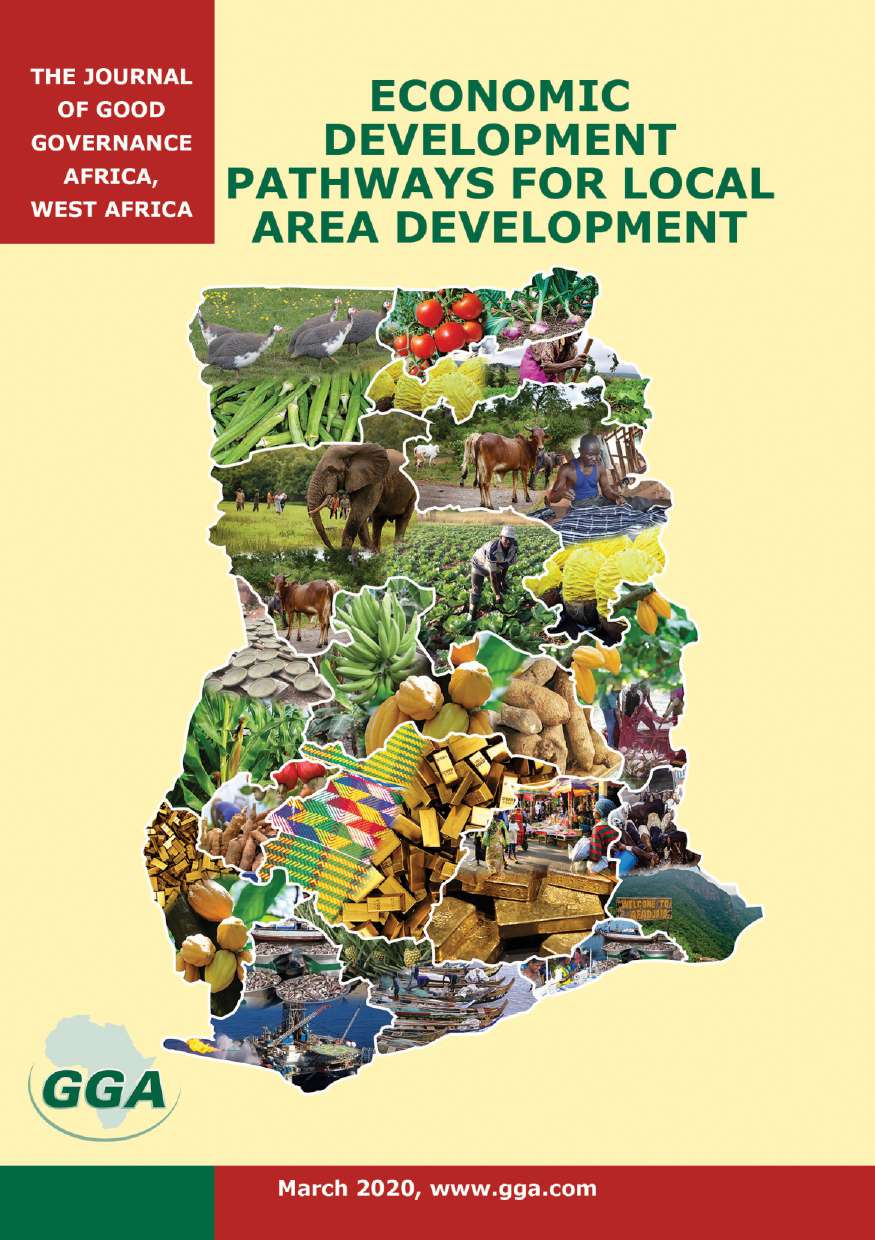The roles and responsibilities of metropolitan, municipal and district actors in Local Economic Development
Local governance has, since the 1990s, gained global importance in many developing countries. The flurry of national governments’ interest in decentralisation is driven by multiplicity of factors, including: the desire and commitment to improve the efficiency of public services delivery; managing the fast pace of growth of many emerging urban centres; and deepening democratisation and accountable governance at the local level (European Commission, 2007). More recently, there have been efforts, informed by institutional theories, to conceptualise and analyse the connections between institutions, local governance and economic development more generally (Gómez and Knorringa, 2016).
In this context local governance involves complex layers of interactions between real actors in close proximity with each other, and with private and non-state actors to make decisions that have Local Economic Development (LED) implications (Helmsing, 2001). This new form of decentralised local governance also resonated well with many countries that have been implementing local government reforms. However, LED requires a system in which local institutions are part and parcel of the processes of raising economic awareness, framing strategies, facilitating and generating collaborative, collective actions for a common purpose (Helmsing, 2001).
While many countries, including Ghana have been very successful at deepening political and administrative decentralisation, the verdict is mixed when it comes to fiscal decentralisation, a key component of local government reforms. Fiscal decentralisation is a key cog in the drive for greater government efficiency at the local level, particularly in local governments ability to collaboratively initiate, plan and strategise to promote LED (Mensah et al, 2017). This is so because, Metropolitan, Municipal and District Assemblies (MMDAs) are the public entities with the mandate to ensure the holistic development of the communities and localities within their jurisdiction, and financial resources are important in this regard.
While many MMDAs have been successful with the provision of various social services, they have been unable to make their local micro economies work to create jobs, incomes and economic opportunities for the masses. As such there is the growing need to negotiate some form of transition from service provision to facilitation of broad-based local development, including local economic development at the local level in Ghana. Good Governance Africa (GGA) – West Africa Centre in Accra has therefore taken it upon themselves to train and empower selected actors in the MMDAs to first deepen their understanding of their economic development function and secondly to equip them with tools to better deliver on that mandate.












